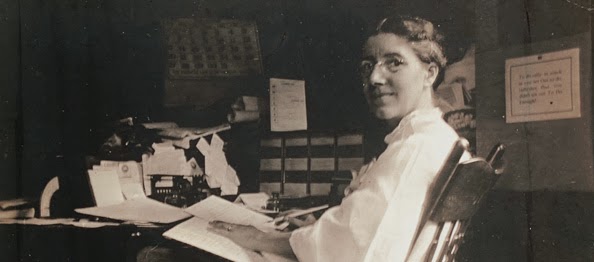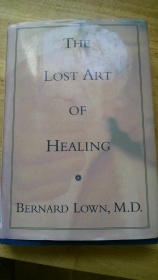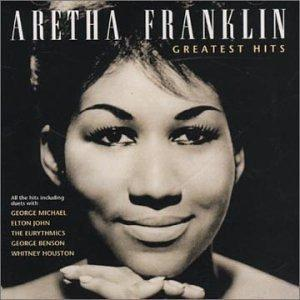Welcome to Composing Health, a blog about literature and medicine — and whatever else comes up along the way. In this blog, I’ll be exploring the ways that the humanities in general – and literature in particular – can transform health care, health policy, and health. My basic premise is this: In a world in which health care is ever driven by advances in technology, it’s time to pause and ask how we can refocus medicine to ensure it is about human health in the broadest sense. I’m proposing that humanities scholars have tools that can help us to do just that, and that by using those tools, we can make better doctors, nurses, public health professionals, policymakers, health-care administrators, and patients.
I’m not the only one to suggest that the marriage of humanities and medicine is a potentially fruitful one. Medical humanities programs, which were nascent in the 1980s and 1990s, are growing by leaps and bounds. Today, most medical schools include a “medical humanities” or “health humanities” component. Some universities are granting degrees in medical humanities. At the same time, health-systems experts are working to create systems of patient-centered, safe, high-quality, high-value health care. These two movements are meeting each other in surprising and often productive ways.
Yet the burgeoning field of health humanities remains confined, for the most part, to those academic medical centers (most of which, by default, are in large urban areas). In this blog, I hope to reach beyond universities and medical schools and to create a space where anyone can use those humanities tools to achieve better health. That includes health-care providers, nurses, allied health professionals, public health professionals, policymakers, and others working in the field, in urban, rural, and frontier areas. It also includes people on the receiving end of health care.
I’m an English literature PhD, so my focus will be on literature and medicine. I’ll give you some hints about how you, too, can read literature like a professor — and how literature can help us to rethink our bodies. But the term “the humanities” encompasses many disciplines – English, film, cultural studies, gender studies, history, languages, philosophy, visual and performing arts, music, and much, much more. These are the disciplines that we use to ask fundamental questions about the human condition. It’s time for us to remember that medicine, likewise, is a study of the human condition — not only of the body.
Our bodies are “written” by the biological, cultural, environmental, and historical contexts in which we live. An astute clinician can read that body and understand the story behind it. To achieve health, each and every one of us, must understand how our bodies are shaped by our stories. The stories we live are writ large on our bodies.
I hope you’ll join me.
 In today’s political climate, couple the word “policy” with “health,” and most people’s blood pressure starts rising. I’ve spent the last six months living somewhere in the middle of those two words, blood pressure spikes notwithstanding, as a research fellow at the Burrell College of Osteopathic Medicine. Instead of spending that precious time designing and testing ways to integrate literature into medical school curricula, residency programs, and hospital systems, I’ve been analyzing Republican proposals to repeal and/or replace President Barak Obama’s signature health care law, the Patient Protection and Affordable Care Act of 2010 (“the ACA”).
In today’s political climate, couple the word “policy” with “health,” and most people’s blood pressure starts rising. I’ve spent the last six months living somewhere in the middle of those two words, blood pressure spikes notwithstanding, as a research fellow at the Burrell College of Osteopathic Medicine. Instead of spending that precious time designing and testing ways to integrate literature into medical school curricula, residency programs, and hospital systems, I’ve been analyzing Republican proposals to repeal and/or replace President Barak Obama’s signature health care law, the Patient Protection and Affordable Care Act of 2010 (“the ACA”).



